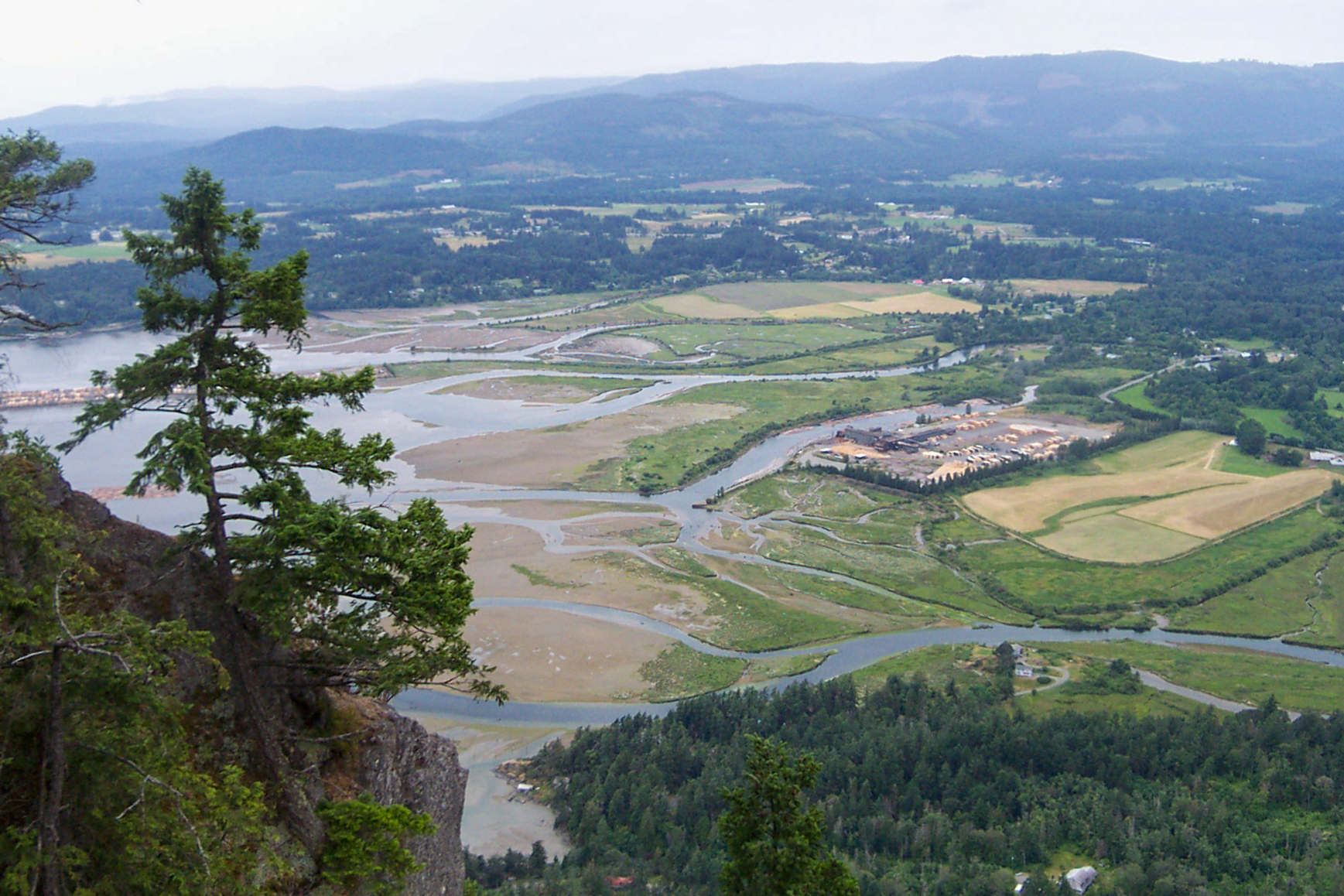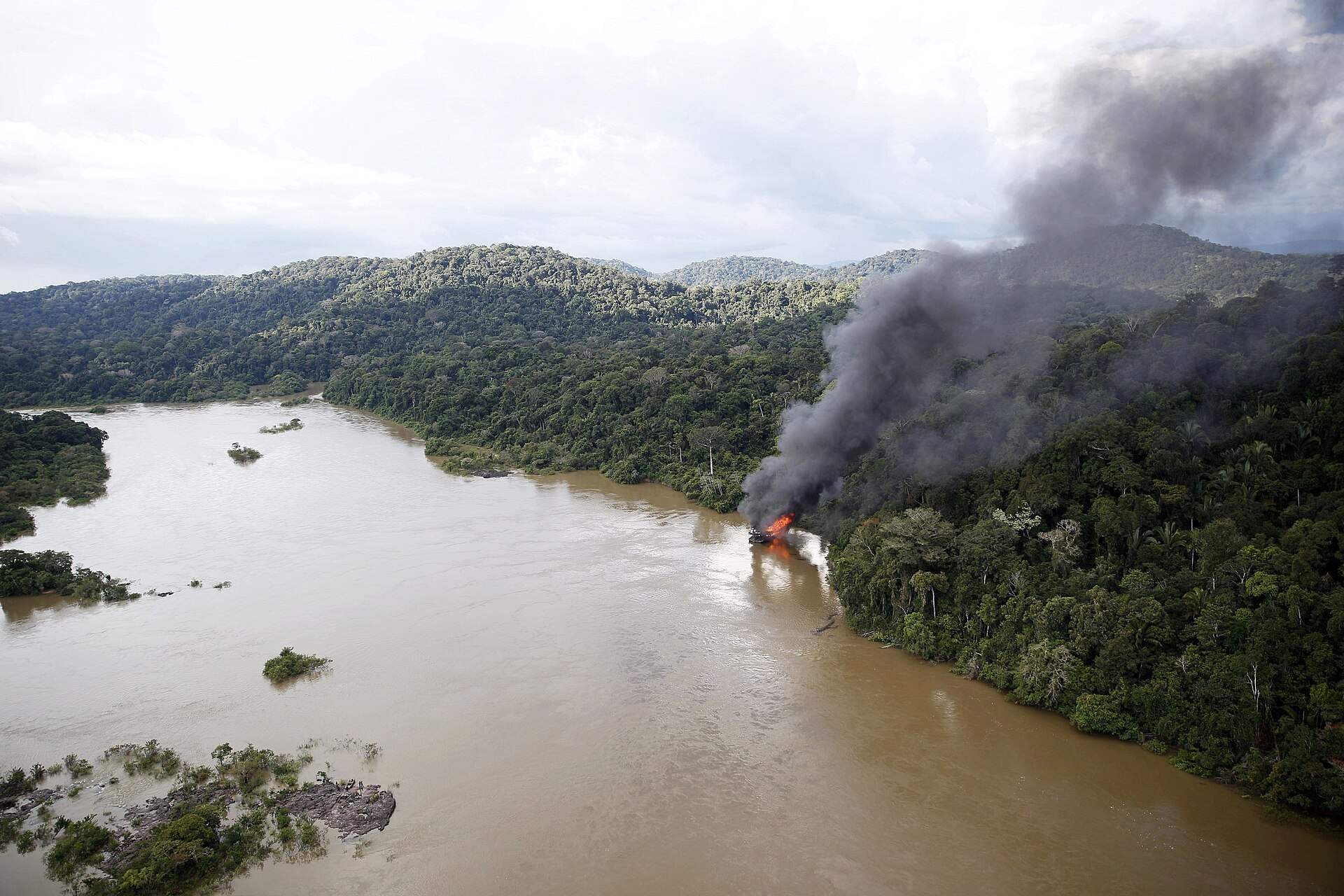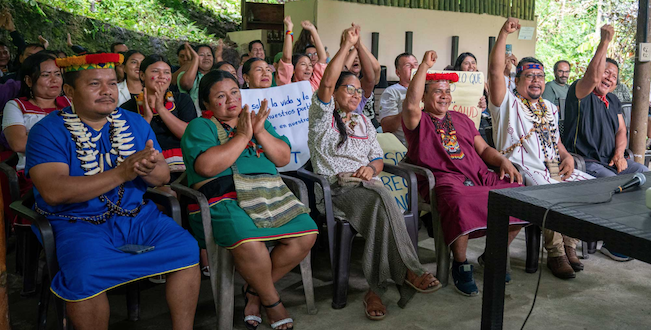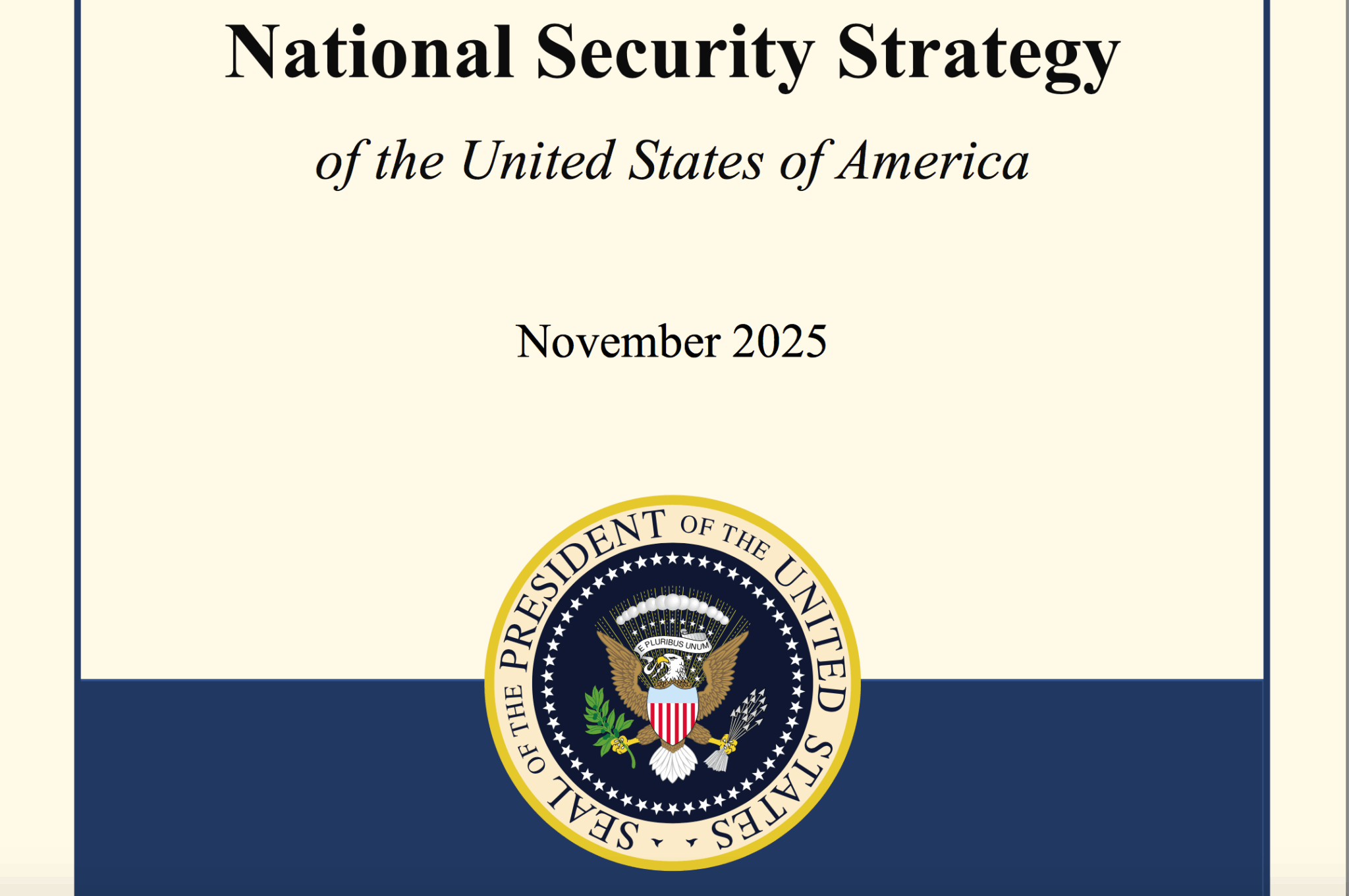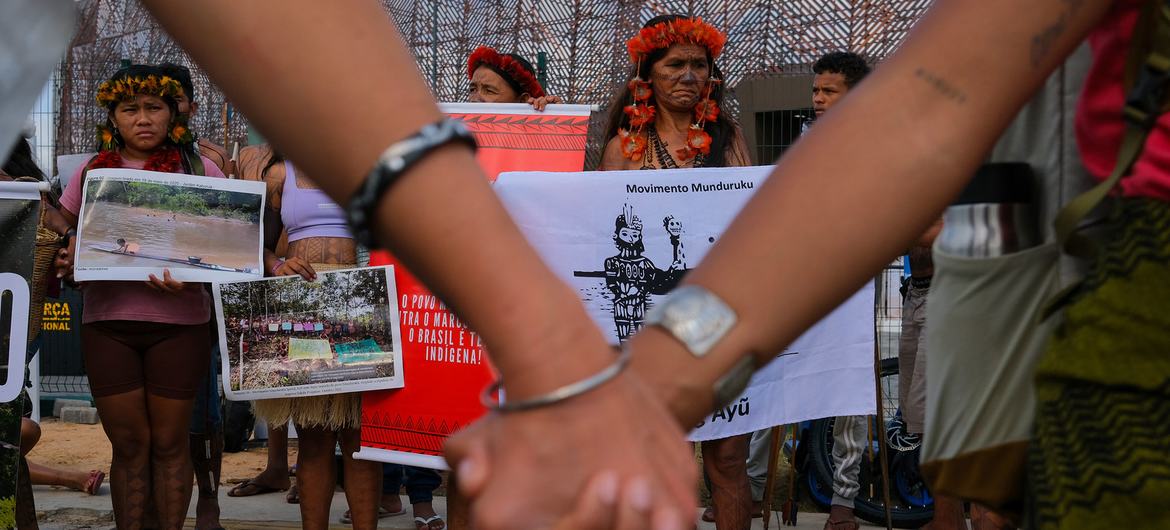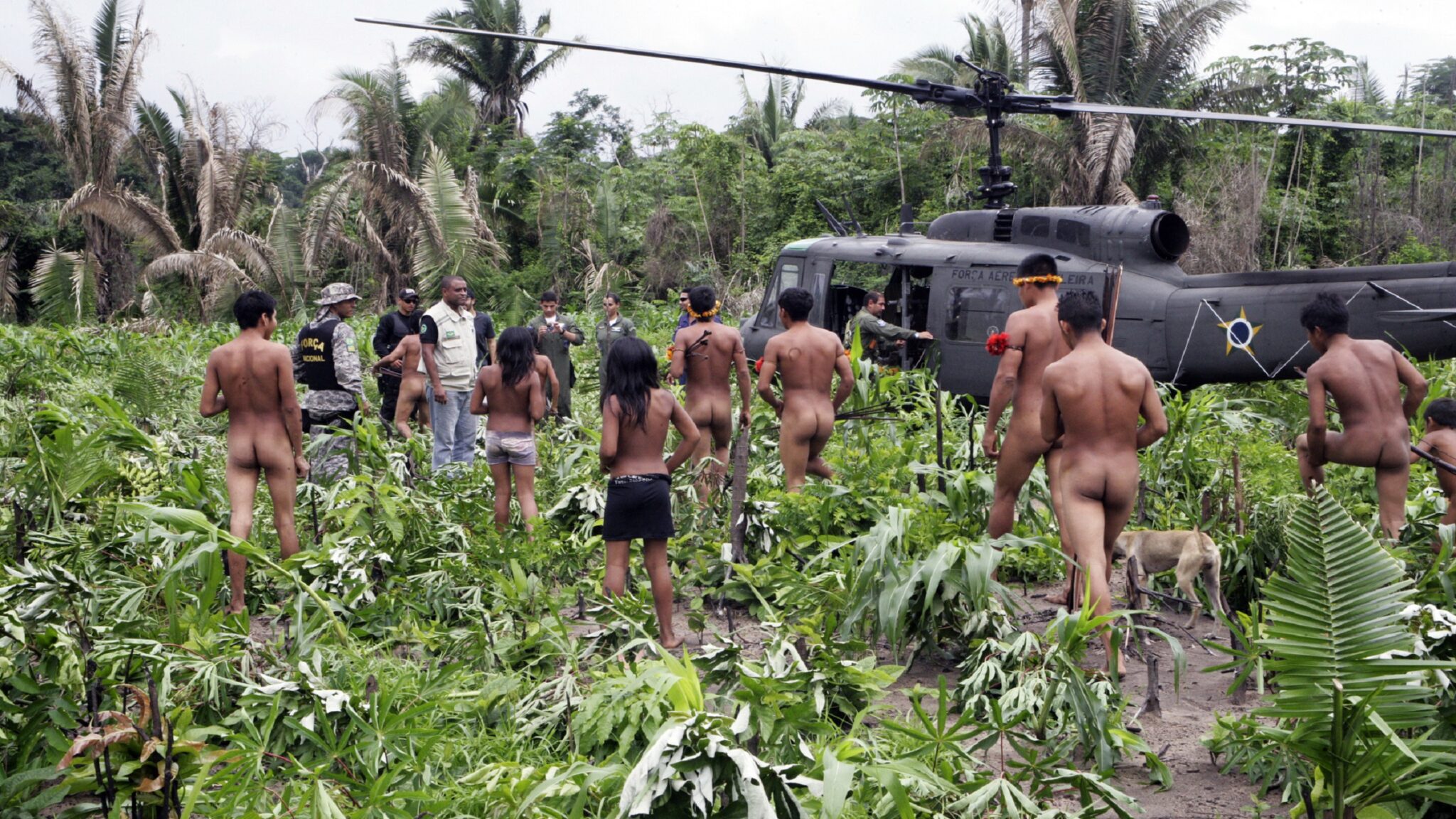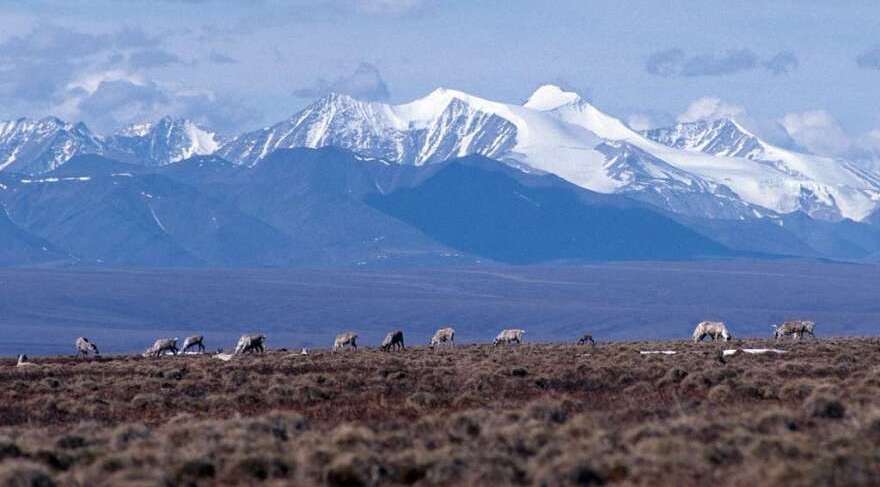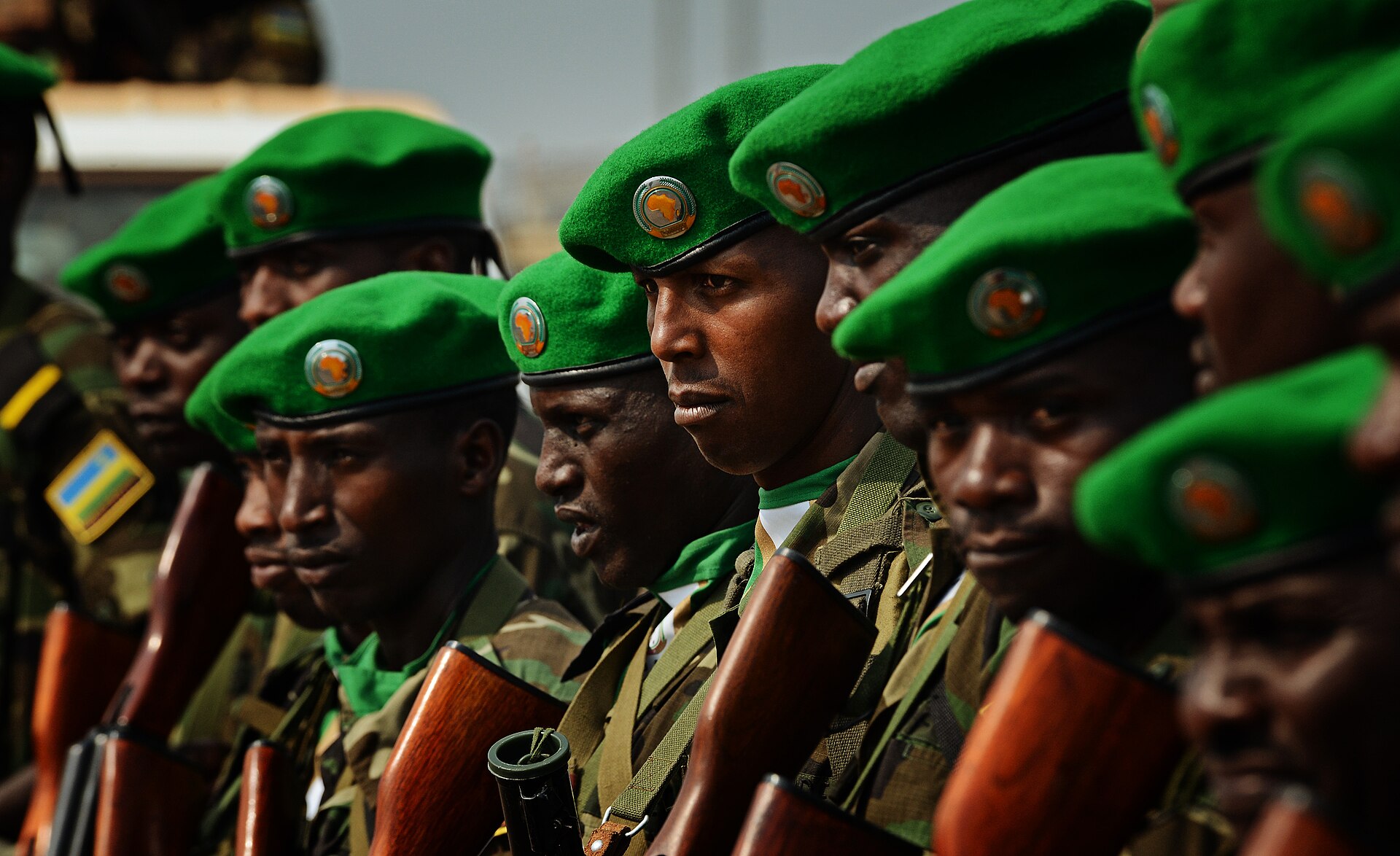
US sanctions Rwanda military
The US Treasury Department imposed sanctions on the Rwanda Defense Force (RDF) and four of its top military officials over their support, training, and fighting alongside M23 rebels in the Democratic Republic of Congo (DRC). The RDF have reportedly provided direct operational support to the M23 and its affiliates by introducing advanced military equipment to eastern DRC, including GPS jamming systems, air defense equipment, and drones. According to US Treasury Secretary Scott Bessent, the US seeks the immediate withdrawal of RDF troops, weapons and equipment. (Photo: US Air Force via Wikimedia Commons)




